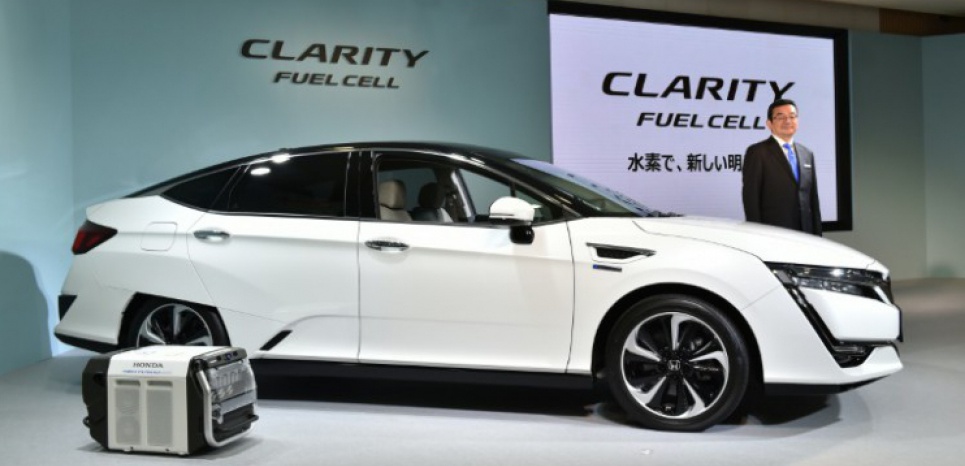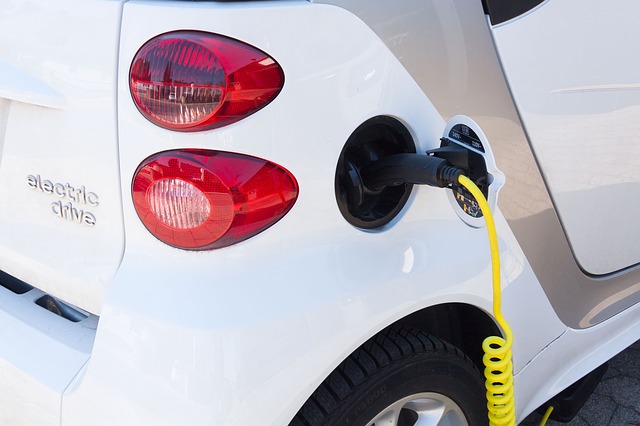Electricity or hydrogen: which is the best car?
Mid-March 2016, Honda announced they will launch a fuel-cell car (powered by hydrogen) by the end of 2016. Despite the price (over 57 600 EUR TTC in Japan, probably even more expensive in Europe), this car represents a hope for green cars.
At the same time, Tesla announced they will open a new show-room in Luxembourg city for their premium electric cars, around end of second semester 2016. From this date, Tesla cars will be available in Luxembourg, while until now they are distributed by the Belgian importer.
Those two good news bring to us a question: which is the most environment-friendly one? Which one should you choose, assuming that you can afford a Tesla (starting at 69 100 EUR TTC)?
First criterion to look at is autonomy: considering the 550 km of autonomy claimed by Tesla (closer to 500 km in reality), the 750 km of autonomy claimed by Honda seem to be a huge advantage. That could be true if we had already a network for hydrogen distribution, which is not the case or the moment. In fact, in France, only 9 hydrogen stations have been already built, forgetting at least 80% of territory. Do not even think of Luxembourg: you have more chances to find palm trees in Norway than being able to refill you car with hydrogen.
On the contrary, Tesla has built all over Europe a network of "superchargers", which can recharge more than 80% of your car in 20 minutes, and fully charge in 30 minutes. Barely time for a coffee or a lunch. Moreover, the use of these superchargers is totally free, the user even doesn't pay for the power!

Second criterion is the environment. How is produced the hydrogen that will power the Honda fuel-cell car?
Hydrogen can be produced mainly by two processes: electrolysis or from hydrocarbons. Electrolysis uses electricity with an efficiency rate of 7 to 10%, which obviously induces a low power rentability compared to the Tesla, which draws its power directly from electricity with an efficiency rate superior to 90%. The use of green power (wind, hydroelectricity, sun, etc.) allows to reduce the impact on environnment but will not increase the overall efficiency rate. Whichever is theprocess of producing electricity, the most efficient is obviously the best.
The second solution to produce hydrogen is from hydrocarbons, which gets a double drawback: not only its efficiency (80%) is still lower than Tesla, but also the pollution (refusal) generated by this form of production. On top of that, using fossil energy is not sustainable on a long-term basis.
As a conclusion, for the moment the electric car wins the fight. At least until hydrogen improves its distribution and the efficiency of its production.
Nevertheless, actually driving green is quite a luxury: 57 600 EUR for Honda + hydrogen loads, 69 100 EUR for Tesla (but free power from superchargers), keep these cars reserved for wealthy people. A first step on the way.





























Clive Munn (admin)
16.10.21 See Article - When Will Hydrogen Fuel-Cell Cars Be Mass Produced?
reply